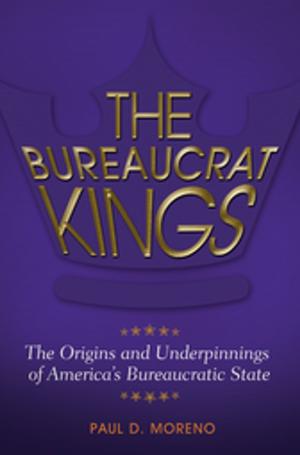Engaging Diverse Learners: Teaching Strategies for Academic Librarians
Nonfiction, Reference & Language, Language Arts, Library & Information Services| Author: | Mark Aaron Polger, Scott Sheidlower | ISBN: | 9781440838514 |
| Publisher: | ABC-CLIO | Publication: | February 13, 2017 |
| Imprint: | Libraries Unlimited | Language: | English |
| Author: | Mark Aaron Polger, Scott Sheidlower |
| ISBN: | 9781440838514 |
| Publisher: | ABC-CLIO |
| Publication: | February 13, 2017 |
| Imprint: | Libraries Unlimited |
| Language: | English |
Drawing on the literatures of adult education and of teaching skills, Engaging Diverse Learners: Teaching Strategies for Academic Librarians presents a wide range of methods to improve how you teach. Coauthors Mark Aaron Polger and Scott Sheidlower argue that in order to grab–and hold onto—students' attention, instructors must get their interest right from the beginning. The techniques they suggest explain how to take into consideration the range of different learning styles students may have, how to accommodate students with different English language skills or abilities, and how to successfully work with individuals from different socioeconomic backgrounds or from different technologically adapted generations. The sections for each group address the key questions of identification (who are they?); how members of that group tend to react to libraries, librarians, and education; and how educational theories of that time affected students' learning in that generation.
Drawing on the literatures of adult education and of teaching skills, Engaging Diverse Learners: Teaching Strategies for Academic Librarians presents a wide range of methods to improve how you teach. Coauthors Mark Aaron Polger and Scott Sheidlower argue that in order to grab–and hold onto—students' attention, instructors must get their interest right from the beginning. The techniques they suggest explain how to take into consideration the range of different learning styles students may have, how to accommodate students with different English language skills or abilities, and how to successfully work with individuals from different socioeconomic backgrounds or from different technologically adapted generations. The sections for each group address the key questions of identification (who are they?); how members of that group tend to react to libraries, librarians, and education; and how educational theories of that time affected students' learning in that generation.
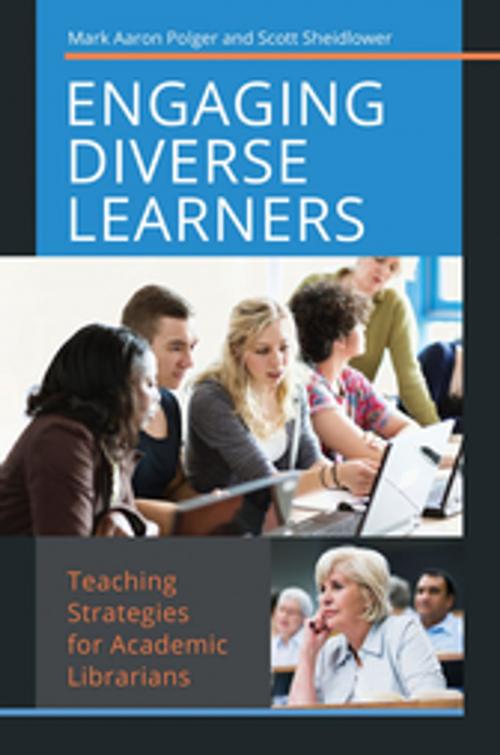
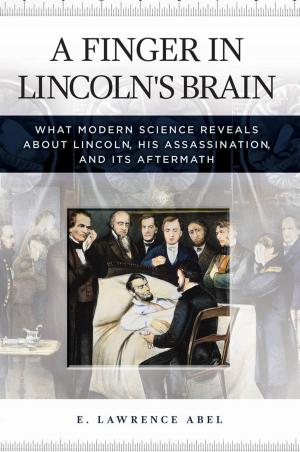
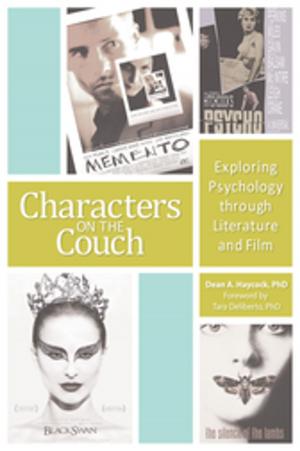
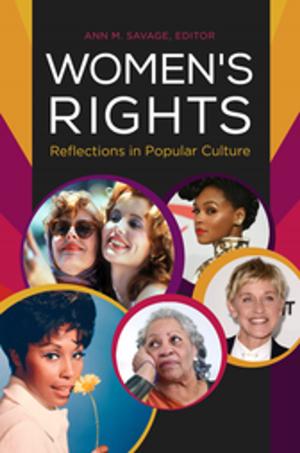






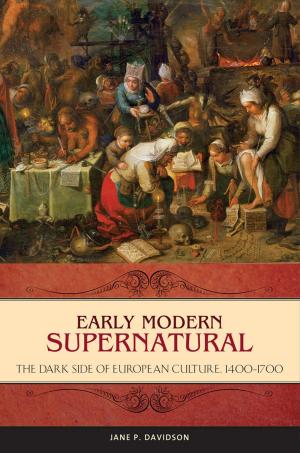
![Cover of the book Enduring Controversies in Military History: Critical Analyses and Context [2 volumes] by Mark Aaron Polger, Scott Sheidlower](https://www.kuoky.com/images/2017/september/300x300/9781440841200-Ath2_300x.jpg)
![Cover of the book Rape Cultures and Survivors: An International Perspective [2 volumes] by Mark Aaron Polger, Scott Sheidlower](https://www.kuoky.com/images/2018/july/300x300/9781440853074-g9zd_300x.jpg)
